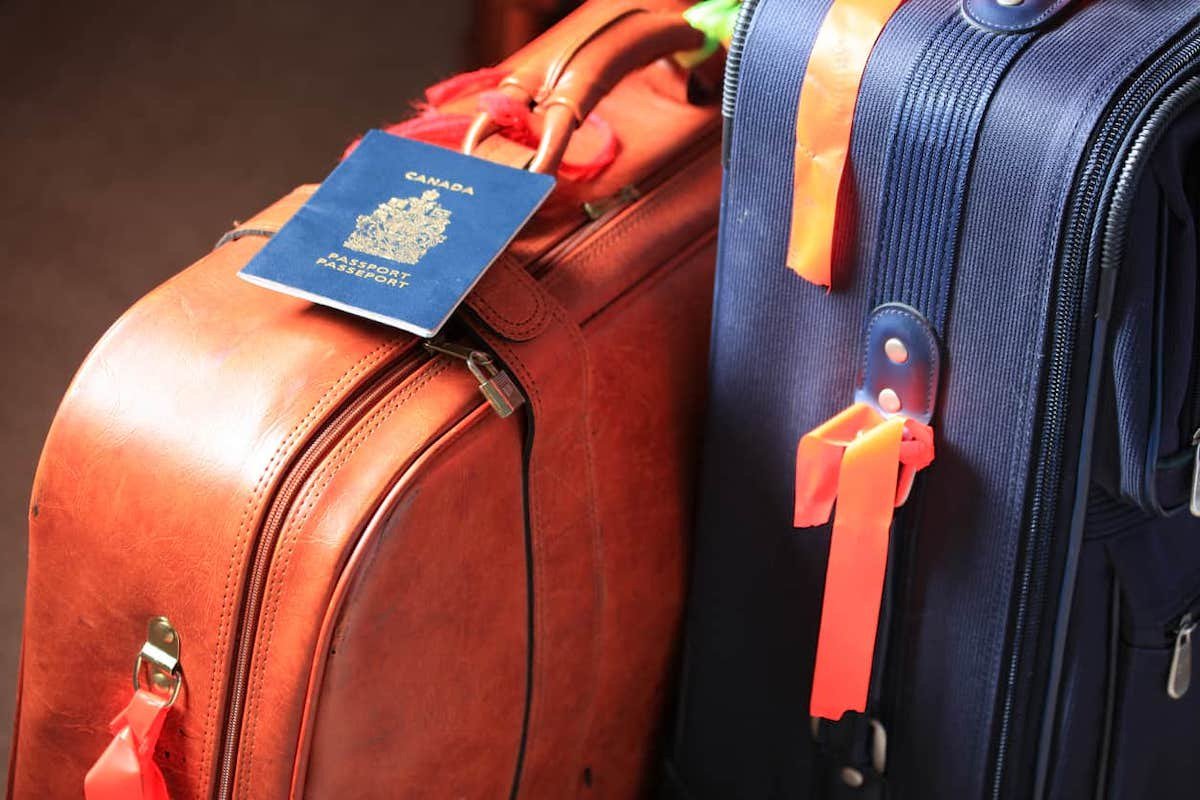Dual Intent

Dual Intent refers to the concurrent processing of an application for permanent residence and an application for temporary status, therefore demonstrating the intention to both reside in Canada permanently and only temporarily, at the same time.
Dual Intent can be complex to navigate, as temporary residents must both show an intent to leave at the end of their approved stay while expressing their aim of becoming permanent residents.
Correctly showing Dual Intent can be difficult, but we seek to make it as easy for you as possible. Cohen Immigration Law is a leading Canadian immigration law firm with over 45 years of expertise.
Please complete our contact form if you wish to schedule a free telephone consultation with our work permit lawyers.
Table of Contents
Explaining Dual Intent
Under Canadian immigration law, temporary residents must show an intent to leave Canada after their approved length of stay; however, they may also make their intent to stay in Canada as permanent residents known to Immigration Refugees and Citizenship Canada (IRCC), at the time of their application for temporary residence.
Although this may appear contradictory at first glance, it is possible. Imagine, for example, the following scenario:
An individual submits an application for a Canada Immigration Visa. Before receiving the Canada Immigration Visa, the individual wishes to visit Canada for a short time and applies for a Temporary Resident Visa (TRV), or appears at the Port of Entry, if a national of a TRV-exempt country. This is perfectly acceptable as long as the individual intends to leave Canada at the end of the visit.
The same principle applies to individuals who are in the process of applying for a Canada Immigration Visa and wish to obtain a temporary Work Permit or Study Permit.
An individual whose application for permanent residence in Canada is pending is subject to the same requirements as others when seeking entry into Canada temporarily. The individual should therefore have a reasonable purpose for entry, be prepared to leave Canada at the end of the temporary stay and understand that if a Canada Immigration Visa is issued, he or she must leave and re-enter Canada in order to officially land as a permanent resident.
An application for temporary Status may be scrutinized more closely when a permanent resident application is under review, as there is an obvious intention to settle in Canada permanently. If the individual's ties elsewhere can be demonstrated, however, an application for temporary status should succeed.
Assessing Dual Intent
As such one of the most common reasons for refusal of TRVs with Dual Intent, is the inability to show that the applicant intends to leave Canada at the end of their stay. While Dual Intent is completely legitimate under Canadian immigration policy, it can bring added scrutiny to applications for TRV to Canada.
In considering applications for Dual Intent, officers are instructed to consider:
- the length of time that the client will be spending in Canada;
- means of support;
- obligations and ties to the home country;
- the purpose and the context of the stay;
- the credibility of documents and information submitted;
- past compliance with requirements of the Immigration and Refugee Protection Act (IRPA) and the Immigration and Refugee Protection Regulations (IRPR) that are applicable to temporary residents (visitors, students and workers), as well as information available in biographic and biometric information sharing;
Spouses and Partners
Officers are instructed to consider the individual circumstances of a foreign national who is being sponsored for permanent residence as a spouse or common-law partner. Factors to consider include, but are not limited to:
- whether the sponsorship application has been approved
- whether the application for permanent residence has received stage one approval
- to what extent the applicant has retained ties in their home country
- what the applicant’s plan is, should their application for permanent residence be refused
If a spouse or partner can sufficiently satisfy an officer that they will—if their permanent residence application is refused—leave Canada at the end of their authorized period of stay, officers may issue a temporary resident visa (TRV).
Parents and Grandparents
Officers are encouraged to consider the following when issuing TRVs, including multiple-entry visas, to parents and grandparents who
- have applications for permanent residence in process
- wish to visit but do not intend to immigrate to Canada
If a parent or grandparent intends to become a permanent resident eventually and can sufficiently satisfy an officer that they will leave Canada at the end of the authorized period of stay, officers will normally issue a TRV. A super visa may be issued if the applicant has provided the required documents for that type of visa (see Super visa).
See also: In-Canada applications for permanent residence in progress
Contact Cohen Immigration Law for Canadian Citizenship Assistance
Do you need Canadian citizenship assistance? Cohen Immigration Law is here to help. We can assess your eligibility and submit your Canadian citizenship application to the Canadian government. Cohen Immigration Law offers over 45 years of expertise helping clients become Canadians.

